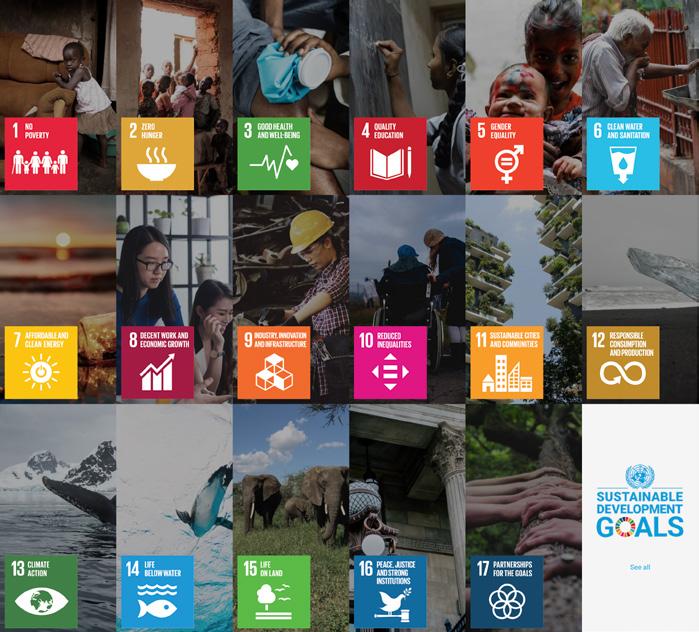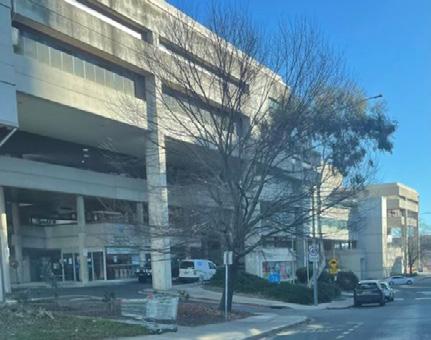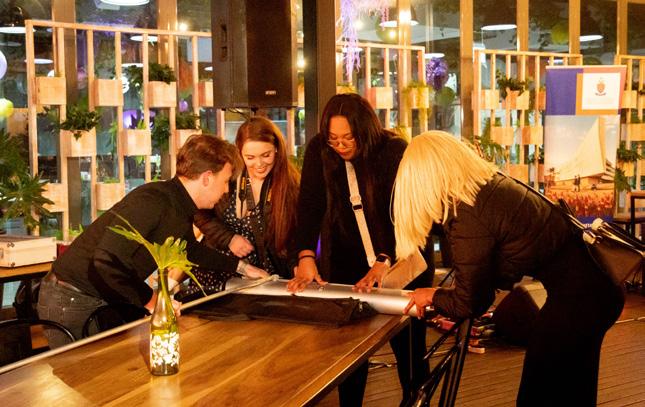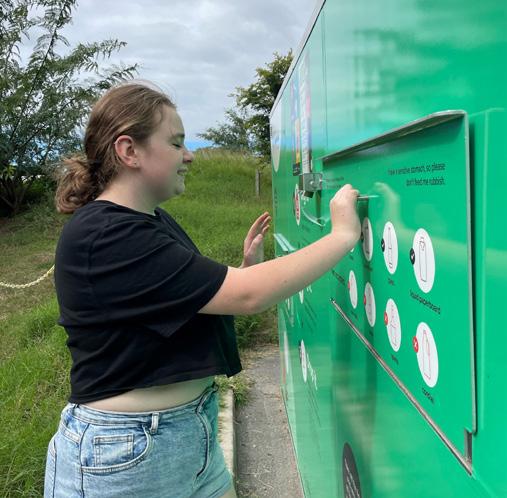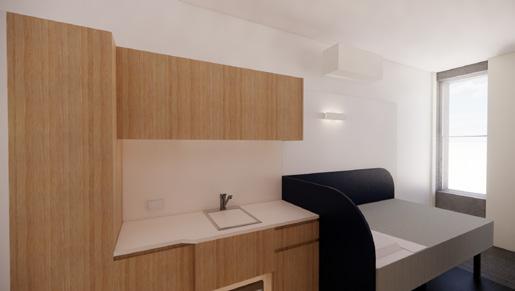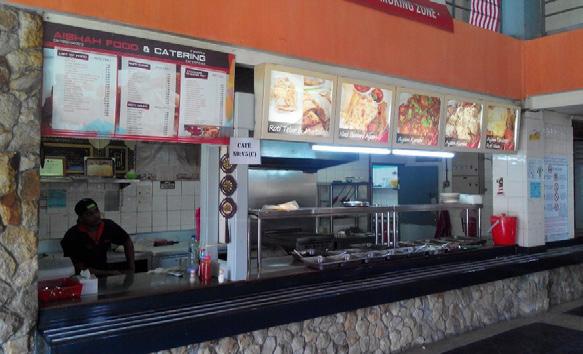
5 minute read
APSAA Asia Update
Daniel Lee APSAA Board Member; Director, The Purple House, Malaysia Updates on Higher Education
In the previous Asia Update segment, we looked at inflationary pressure on general prices caused by the Ukrainian conflict, shortage of manpower, as well as the rise in minimum wages in 2022. The significant increase in the prices of goods and services has not only impacted operational costs for student accommodation providers in
Advertisement
Malaysia but also students’ living costs, especially those from the bottom 40% (B40) of Malaysian society. This led to some actions taken by the Malaysian
Ministry of Higher Education (MoHE).
Rental Waiver for Food Operators
In early July 2022, MoHE announced that on-campus food stall operators at public institutions of higher learning will be given rent moratorium for six months with the objective of lowering operating costs of the food stall operators. It is hoped that this move will enable the food stall operators to maintain their current prices to minimize the impact on students’ cost of living.
IAN REG I ON S A
N AS I AN REGI O
Student Subsistence Action Committee
In addition, a Student Subsistence Action Committee was stablished on July 12 and its membership is comprised of MoHE’s top management, public universities’ vice-chancellors, private universities’ associations chairmen as well as representatives from the National Student Consultative Council.
The Committee agreed on and is committed to several key actions including:
• Providing six months’ of rental exemptions for cafeteria operators and food service providers at public university campuses,
• Creating a Students’ Food Basket initiative where key food item prices on-campus are capped at RM3.50, • Establishing a Student Living
Cost Monitoring Team which will carry out continuous monitoring of prices of goods and services which involves students living on-campus
• Strengthening the Student
Food Bank initiative,
• Coordinating and standardising wage rates under the Jobs on Campus programme,
• Developing a Student
Subsistence Action Plan,
• Granting rebates or tax exemptions to contributors who channel sponsorships in various forms, and
• Increasing the frequency of transport schedules with public university campuses.
Cafeteria Photo Credits: Universiti Teknologi Petronas

Universiti Utara Malaysia Campus Photo Credits: Google Sites and leverage in student accommodation in the Asia-Pacific region. The attendees were introduced to APSAA and the benefits of joining APSAA and a three-member panel discussed the upcoming challenges and opportunities faced by the Malaysian student accommodation industry as well as rising costs, manpower issues, rental pressures and student support in the post-pandemic period.
30,000 Students Dropped Out During Pandemic
MoHE also recently found that more than 30,000 students in public universities nationwide have dropped out since the pandemic began in early 2021 until the end of 2021. This is mainly due to students’ health or personal issues, failing in exams or failure to enrol for subjects. The dropout rate represents between 2% - 3% of the total number of enrolled students in public universities in both 2020 and 2021. In response, MoHE has been working on providing aid to public university students by preparing facilities and financial aid to targeted groups, especially those from the B40 segment as well as academic intervention programmes and non-academic programmes, including counselling, motivational programmes and mentorships, to encourage public university students to complete their studies. Inaugural APSAA Asia Event – Malaysia 2022
The inaugural APSAA Asia event took place on 29 June 2022 in Kuala Lumpur, Malaysia. A total of 23 attendees from nine on-campus student accommodation providers from public universities, government-linked universities as well as private universities attended the event. This is the first APSAA faceto-face networking event in Asia, in line with APSAA’s strategic plan on leadership, learning, The three panel members were Dr Nor Azura A. Rahman, Principal of Bank Rakyat Residential College, from Universiti Utara Malaysia, Mr Saravanan A/L Muthiah, Senior Director of the Centre for Student Experience from Universiti Teknologi Petronas, and Mr Sri Velan, Director of Facilities Management from The Purple House/Sunway Education Group/Infrastructure University Kuala Lumpur.
The panel members were drawn from the three major segments of the Malaysian higher education sector- a public university (Universiti Utara Malaysia), a government-linked university, Universiti Teknologi Petronas), and private universities (The Purple House/Sunway Education Group/Infrastructure University Kuala Lumpur).
…continued next page
Dr Nur Azura A. Rahman Universiti Utara Malaysia Saravanan Muthiah Universiti Teknologi Petronas Sri Velan The Purple House
APSAA Asia Update
Continued from previous page
For those who are unfamiliar with Malaysia’s higher education scene, the public universities are wholly government—owned and funded—they represent the majority of enrolled domestic students, but mainly from the bottom 40% of Malaysian society. Government-linked universities are not directly owned by the government but are usually owned by government-controlled entities such as Petronas (the national oil company) or Tenaga Nasional (the national energy company). Private universities are owned and run by private entities and not operationally funded by the government.
All three panellists shared their views from their unique vantage point of the challenges facing the local student accommodation industry - and the general theme of the discussions is that there are big changes coming in the industry due to overall rising costs and severe manpower shortage issues, with flow-on impacts on future rental pricing. The Malaysian student accommodation providers will need to prepare themselves to adapt for the future in creative ways. After the panel discussion, attendees also had the opportunity to participate in a study tour to two residence buildings – Nook Co-Living and Waterfront Residence where they were taken for a tour of show units as well as communal facilities.

Infrastructure University Kuala Lumpur Students Photo Credits: Infrastructure University Kuala Lumpur
Overall, the first APSAA event in Malaysia was a success which not only brought together professionals from institutions representing the three major segments of the Malaysian higher education sector to network and keep abreast on the latest issues in the industry, but also generated awareness and interest in APSAA as well.




